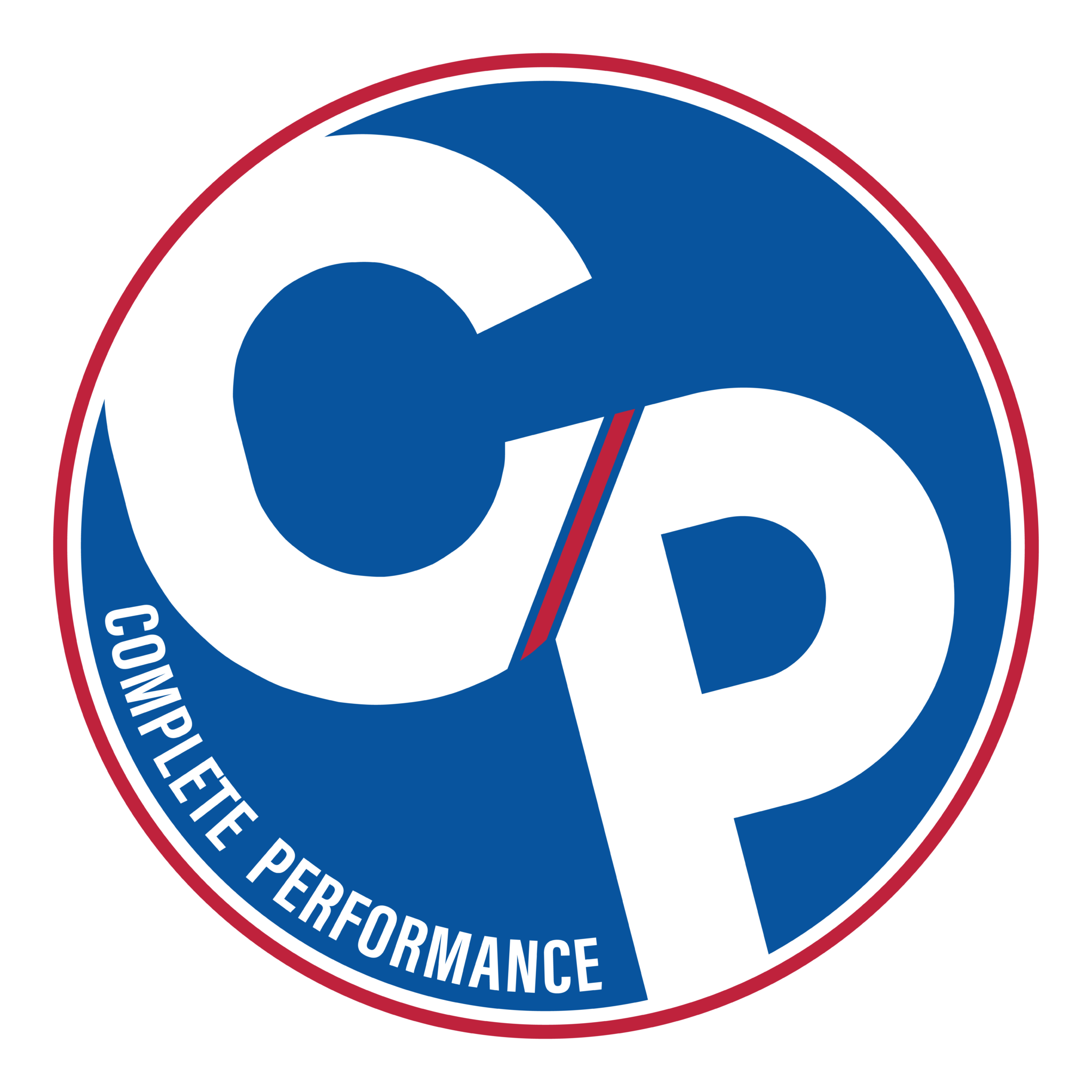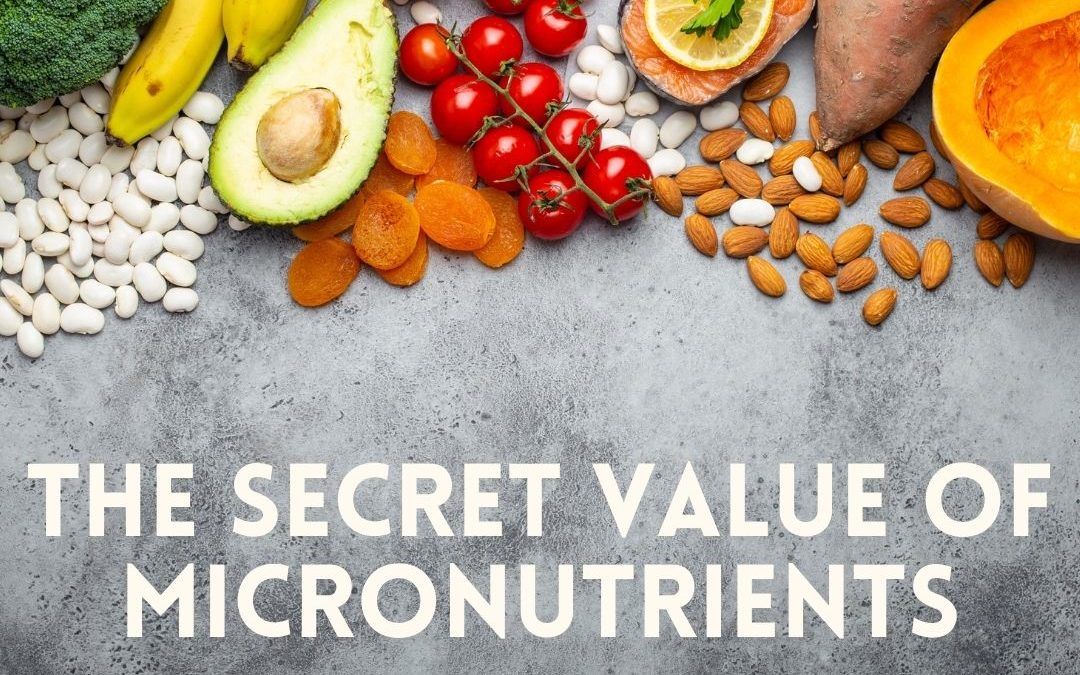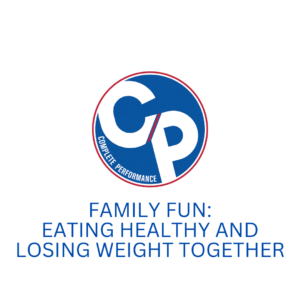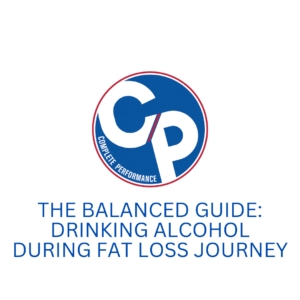Food Quality -> Calories -> Macronutrients -> Micronutrients -> Supplements, Nutrient Timing, Etc.
That’s the order of importance when it comes to fat loss.
If you’ve followed my content for some time, you’ll know I typically post this in pyramid form.
Without a solid base to the pyramid (AKA consistently eating high quality foods 80-85% of a time), you will fail your fat loss goals.
Why?
Because no calorie deficit, macronutrient prescription, micronutrient intake, supplementation or meal timing can hide the fact that you eat crappy food!
BUT, that doesn’t mean micronutrients are not important.
Actually, micronutrients are SUPER important.
Like everything else, you need to understand WHAT micronutrients are first.
Micronutrients are major nutrients you need in small quantities for healthy development, disease prevention, and overall well-being.
There are 2 categories of micronutrients:
- Vitamins – Grouped into 2 categories (Fat-Soluble & Water-Soluble) are organic compounds that are needed for normal cell function, growth, and development because they cannot be synthesized by the body.
- Minerals – A group of naturally-occurring, solid inorganic compounds with a definite chemical composition.
There are a number of micronutrients considered valuable for human functioning, but the Center for Disease Control (CDC) regards 6 micronutrients as essential.
Iron
Function:
- Critical for motor and cognitive development.
- Assist in oxygen transport.
- Prevention of anemia
Sources
- Shellfish
- Spinach
- Organ Meats
- Legumes
- Red Meat
- Broccoli
- Tofu
- Dark Chocolate
Vitamin A
Function
- Supports healthy eyesight
- Supports immune system function.
- Assists in maintaining healthy teeth, bones, soft tissues, and mucous membranes.
Sources
- Liver
- Cheese
- Eggs
- Oily Fish
- Milk
- Greek Yogurt
Vitamin D
Function
- Aid in calcium absorption
- Keep bones healthy and strong
- Assist in muscle functioning and nerve signal transduction
Sources
- Milk
- Fatty Fish (Trout, Salmon, Tuna, and Mackerel)
- Cheese
- Yogurt
- Mushrooms
Iodine
Functions
- Assist in thyroid hormone production.
- Assist in bone and brain development.
Sources
- Fish (Cod, Tuna, & Shrimp)
- Milk
- Yogurt
- Cheese
- Iodized Salt
Folate
Functions
- Aid in the formation of red blood cells.
- Assist in DNA production.
- Control tissue growth and cell function.
Sources
- Broccoli
- Brussel Sprouts
- Chickpeas
- Kidney Beans
- Peas
- Leafy Green Vegetables
Zinc
Function
- Support immune system functioning.
- Influence cell division and growth.
-
Assist in repair and wound healing.
- Aid in carbohydrate breakdown.
Sources
- Red Meat
- Shellfish
- Legumes
- Nuts & Seeds
- Cheese & Milk
- Eggs
- Whole Grains
- Dark Chocolate
Okay, so now that we know a bit more about micronutrients let’s talk about the 6 reasons you need micronutrients during fat loss.
Energy Levels
Energy is regarded as the feeling of well-being, stamina, and vitality to take on both physical and mental tasks.
If you do not have the energy to complete your daily mental and physical tasks, you’re considered to be fatigued. Fatigue is the lack of energy or having low vitality.
These are HUGE for fat loss – if you’re lacking energy and constantly feeling fatigued, you’re going to underperform physically, personally, and professionally. More likely than not, that’s going to drive you to burn out and quit before reaching your goal, or worse, you reach your goal and completely rebound.
B Vitamins are well-known for their contribution to energy levels because they help the body obtain or create energy from food.
B1 (Thiamin) help facilitate glucose processing in the brain and the production of neurotransmitters.
B3 (Niacin) helps release energy into the body from macronutrients.
B6 (Pyridoxine) aids in neurotransmitter production. Adequate levels of B6 have been shown to improve cognitive functioning in memorization tests.
Recovery
While B vitamins play a major role in brain functioning and mental energy, these and a number of other micronutrients significantly impact recovery.
The need for additional micronutrients depends largely on the intensity and duration of training; however, the body primarily calls upon micronutrient storage for immediate post-training recovery needs.
There is also research to support the contribution of micronutrients within training as they’ve been found to delay muscular fatigue during exercise.
Micronutrients noted for their contributions to recovery include:
- Vitamin C
- Carnitine
- Folic Acid
- Asparagine
Stress Management
Fat loss is STRESSFUL, both mentally and the effects it has on your body.
In order to lose body fat and build lean muscle, you have to stress the body by pulling into a caloric deficit and follow a resistance training program to build muscle.
BUT, if you cross that line and become TOO stressed, you run the risk of halting fat loss, retaining body fluid through inflammation, and deciding it’s just not worth the time or stress.
Believe it or not, the quality of what you eat determines how well you manage stress!
Stress depletes your micronutrient storage because of the higher physiological demands –
- Greater energy requirements
- Higher oxygen consumption
- Increased circulation
- Greater demand for metabolic cofactors.
BUT too often when we’re stressed, we opt for low-quality comfort foods (sugar, candy, salty snacks, and greasy foods).
Although it’s not EASY, if you focus on consuming high-quality foods packed with antioxidants, B vitamins, and Omega-3 fats, you’re going to manage your stress MUCH better than if you consume the low-quality, comfort foods.
Hunger & Cravings
Hunger and cravings are the death of most fat loss goals.
If you can’t work past those, you’re going to break your diet, fall off your nutrition plan, and sabotage the caloric deficit.
What’s crazy is that hunger and cravings can be fairly well-managed by adequately consuming micronutrients.
Research has found a high-quality diet (high in micronutrients) can mitigate hunger at substantially larger caloric deficits when compared to a low-quality diet.
Then there are the cravings…
Micronutrients play a HUGE role in cravings.
Chocolate cravings come from a magnesium deficiency.
Cravings for sugary foods, like candy or cookies, are the result of a diet low in chromium, phosphorus, sulfur, and carbon.
Depletion of your sodium stores can lead you to crave salty snacks, greasy foods, and grains.
Bottom line, if you want to beat your cravings and reach your fat loss goals, you NEED to pay attention to your micronutrient intake.
All in all, if you’re in too big of a caloric deficit, no number of micronutrients can spare you from hunger or cravings.
If you want to find out more about how to get in an appropriate caloric deficit for you and beat ANY craving at ANY time, sign up HERE for a FREE Strategy Call.
Inflammation
You know that icky bloated feeling? That feeling where your hands, feet, or stomach are swollen?
What if I told you that you could dramatically reduce that by consuming adequate amounts of your micronutrients.
To get a little nerdy with you, micronutrients bind to and neutralize oxygen free radicals and combat the initiation of inflammation.
Basically, if your micronutrient stores are full, you’ll stop inflammation before it starts.
So how do you do it?
Vary your fruit and veggie intake.
Drink enough water.
Minimize highly processed, low-quality foods, especially proteins.
Overall Health
Okay, so no matter what your goal is now you care about your overall health to some degree…
Nobody wants to reach their goal and die…
However, in the pursuit of fat loss, we sometimes forget about overall health.
But losing body fat the PROPER way (in an individualized and periodized approach) you set yourself up for fat loss AND long-term health.
Adequate micronutrient consumption can lead to things like:
- Osteoporosis
- Autoimmune Diseases
- Poor Mood & Depression
- Cardiovascular Disease
- Poor Digestion
So to wrap this up, I leave you with this:
Do you want to reach and maintain your fat loss goal?
Of course, you do, you wouldn’t be reading this otherwise.
The REAL question is if you want to get there and feel like trash or better than ever?
About The Author
Jordan Davies is the Co-Owner of Complete Performance. Jordan has her B.S. in Exercise Science and Psychology, and her M.A. in Holistic Health Studies. She is a CSCS certified strength and conditioning coach, and a PN-1 and NCI-1 certified nutrition coach. She loves to study how the human body needs to be moved and nourished and making that fit to your unique lifestyle. Click Here Now to Apply for Coaching with Jordan.




